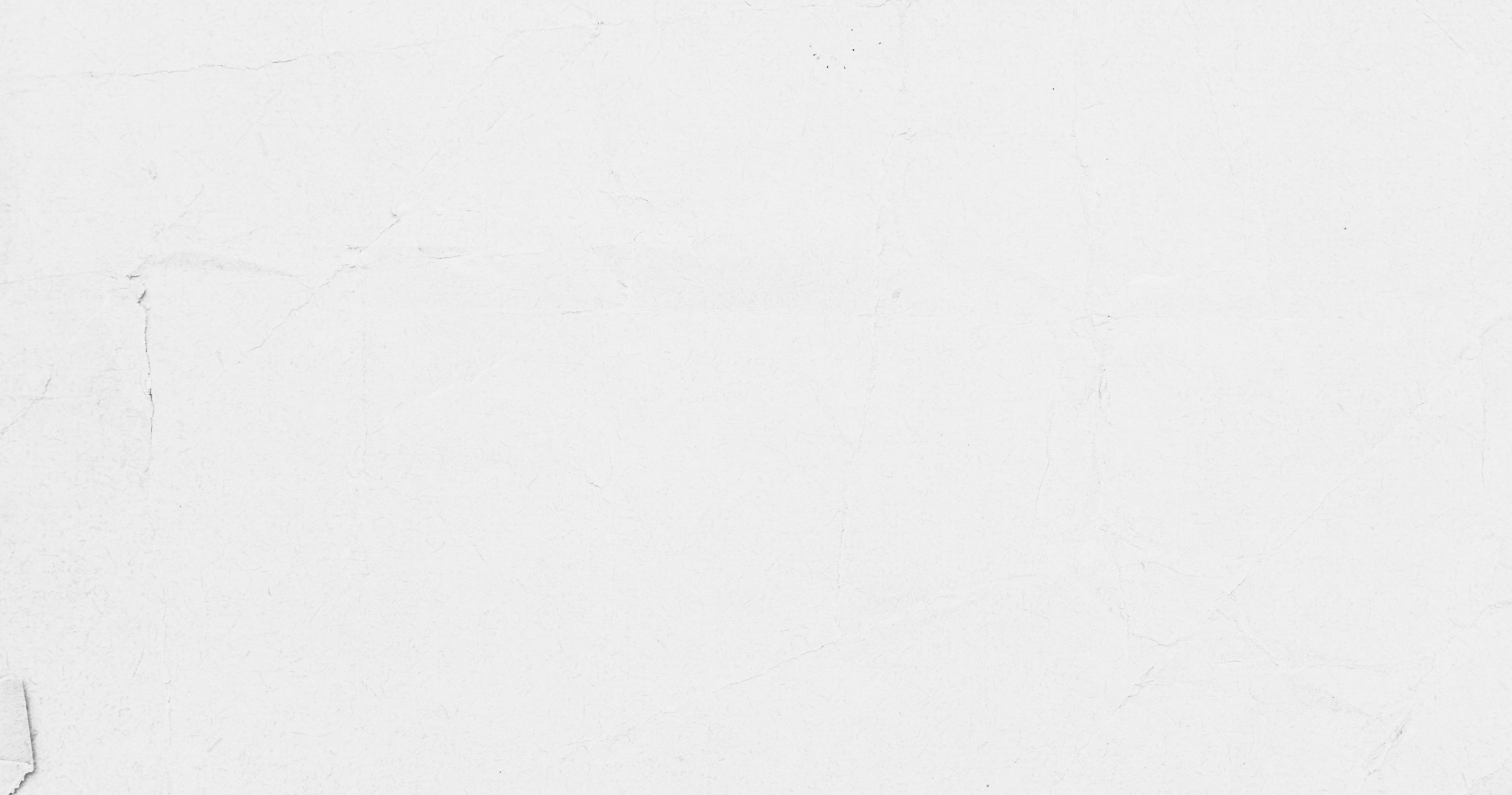The latest reconfiguration of Catholic theology to emerge from Rome has come in the form of the document Dignitas Infinita, on human dignity and gender identity issues. It has been rightly praised as holding the line on the traditional deposit of faith against the latest eruption of politicised gender dysphoria into a form of group psychosis that has swept through Western culture. Nonetheless, critics claim it distorts Catholic teaching by a mixture of theological insinuation and changing the hierarchical order of theological dogmas.
Some of the background thinking to the document emerged when the Prefect of the Dicastery for the Doctrine of the Faith, Cardinal Víctor Manuel Fernández, mused at the press conference launching it that one of the reasons why freedom of will and original sin had been downplayed in the document was that the Pope still liked to ponder on the question of whether perhaps, hell might be empty.
That requires a diminishment of the implications of free will and the impact of original sin, and those are indeed principles the document advocates. But a Christianity without a last judgement, without moral accountability at the
end of time, without the philosophical implications of free will and engaging a more hom-eopathic approach to original sin, is something of a departure from the faith of our forefathers. We are faced, then, with two difficulties. First, the theological rearrangements in the document themselves. Secondly, given the disinclination of the Vatican to welcome external theological critique, who is going to say so?
When one of Britain’s foremost and deeply respected Dominicans, Fr Aidan Nichols, signed a letter asking the Vatican to engage in an earlier theological re-think, he found himself almost instantaneously cancelled. More recently, Bishop Joseph Strickland, a well-known advocate of timeless Catholicism, was removed from his diocese for as yet unexplained “administrative” lacunae.
Taking part with my “Catholic Unscripted” YouTube team in a modest speaking tour in Chicago recently, I found myself reacquainted with two American episcopal voices – both now silent – that seemed to speak presciently to the issues of our time. The first was Cardinal Francis George OMI (1937-2015), a former Archbishop of Chicago. He warned a group of his clergy of what he foresaw if the Church gave way to increasingly aggressive secularism.
“I expect to die in bed; my successor will die in prison, and his successor will die a martyr in the public square. His successor will pick up the shards of a ruined society and slowly help rebuild civilisation, as the Church has done so often in human history.” The context of his warning was his awareness that Catholics were increasingly being oppressed by bad laws imposed by wayward governments.
“Analogies can easily be multiplied, if one wants to push a thesis; but the point is that the greatest threat to world peace and international justice is the nation state gone bad, claiming an absolute power, deciding questions and making ‘laws’ beyond its competence.” We have experienced exactly that. Stating biological truths about a person’s gender now comes with the threat of seven years’ imprisonment; police officers have arrested Catholics for praying silently on the King’s highway.
If Cardinal George articulated the danger (accompanied by the belief that it is the Church that retains that greatest potential to re-build sane society), then the prophetic voice of Archbishop Fulton Sheen (1895-1979) suggests a solution to our present ecclesial paralysis.
“Who is going to save our Church? Not our bishops, not our priests and religious. It is up to you, the people. You have the minds, the eyes and the ears to save the Church. Your mission is to see that your priests act like priests, your bishops act like bishops, and your religious act like religious.” Sheen is not particularly big in the UK, but he still has enormous impact in the US. With two doctorates, and wanted as a lecturer by both Oxford and Columbia, he became a forthright Catholic televangelist. His weekly show, <em>Life is Worth Living</em>, drew over 30 million viewers – most of them non-Catholics.
Providing us with the means to re-assess Dignitas Infinita, Sheen summed up the dangers inherent in the temptation to downplay sin and promote our innate dignity rather well.
“The better we become, the less conscious we are of our goodness. If anyone admits to being a saint, he is close to being a devil. Jean Jacques Rousseau believed that of all men, he was the most perfect, but he had so many cracks in his soul that he abandoned his children after their birth. The more saintly we become, the less conscious we are of being holy. A child is cute so long as he does not know that he is cute. As soon as he thinks he is, he turns into a brat. True goodness is unconscious.”
To both these bishops the marks of original sin don’t appear to have been ameliorated by universal infinite dignity of the “new” magisterium. Being dead, they can’t be cancelled by the powers that be. And being a layman, I can’t be cancelled for writing about them.
<strong><strong>This article originally appeared in the May 2024 issue of the <em>Catholic Herald</em>. To subscribe to our award-winning, thought-provoking magazine and have independent and high-calibre counter-cultural Catholic journalism delivered to your door anywhere in the world click</strong> <mark style="background-color:rgba(0, 0, 0, 0)" class="has-inline-color has-vivid-cyan-blue-color"><a href="https://catholicherald.co.uk/subscribe/?swcfpc=1">h</a></mark><a href="https://catholicherald.co.uk/subscribe/?swcfpc=1"><mark style="background-color:rgba(0, 0, 0, 0)" class="has-inline-color has-vivid-cyan-blue-color">ere</mark></a>.</strong>


